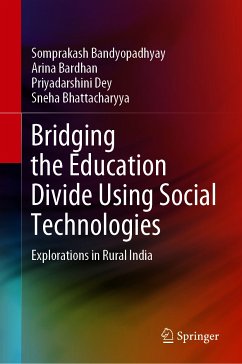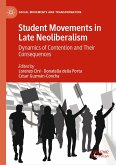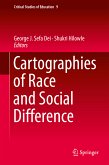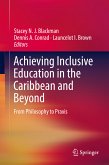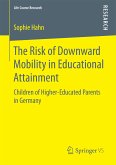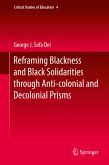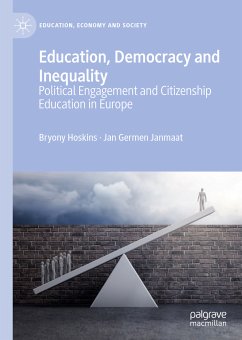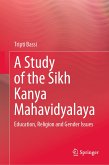This book explains the concept of education divide in rural India and identifies various factors that shape and sustain such a divide. In doing so, it also discusses a range of attempts undertaken to bridge the education divide. Subsequently, the book has attempted in providing a socio-technical framework towards optimally deploying social technologies for addressing the issue of education divide of marginalized communities. The proposed framework offers a transition from traditional content-centric, teacher-centric and centralized education ecosystem to a connection-centric, learner-centric and decentralized education ecosystem of the socio-digital age. It demonstrates how Internet-enabled digital platforms, based on the principles of sharism and mass collaboration using social technologies, could help to solve one of the greatest problems facing the world: mitigating the extant education divide by delivering quality education to underprivileged sections of society. The bookalso presents empirical validation of the proposed framework to show how a community-driven blended learning platform can mobilize the dormant knowledge capital of domain experts to teach underprivileged rural Indian children, as well as help form communities of practice to enable lifelong learning for the rural adult population. The book closes by pointing out the challenges involved in building an equitable education ecosystem using social technologies and ultimately the possibility of creating a fair and equitable society. Given its scope, the book offers a valuable resource for researchers, policymakers and practitioners in the domain of education who want to transform education ecosystems by using technological and process-related innovations to improve educational practices for underprivileged sections of society.
Dieser Download kann aus rechtlichen Gründen nur mit Rechnungsadresse in A, B, BG, CY, CZ, D, DK, EW, E, FIN, F, GR, HR, H, IRL, I, LT, L, LR, M, NL, PL, P, R, S, SLO, SK ausgeliefert werden.

